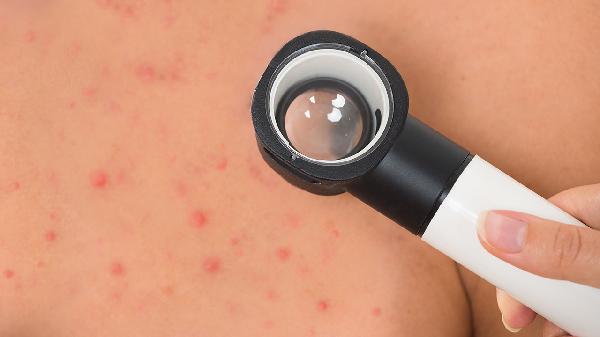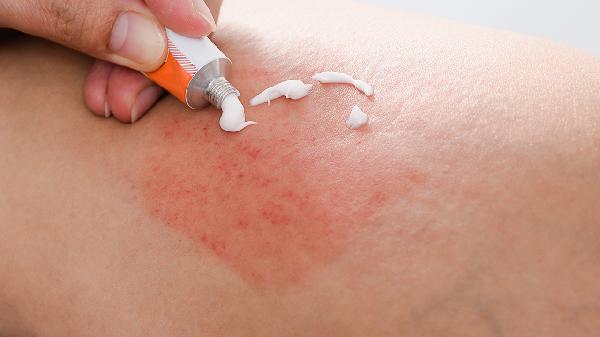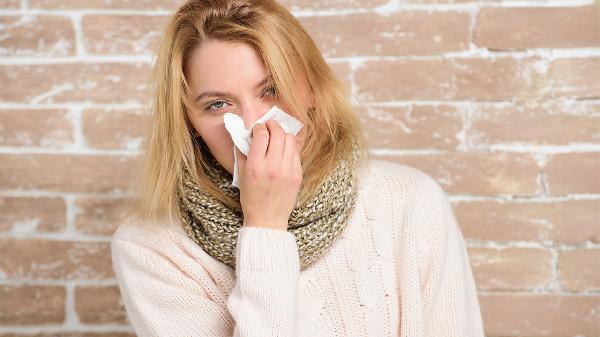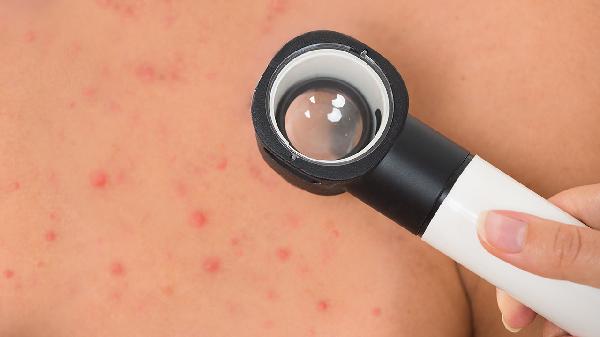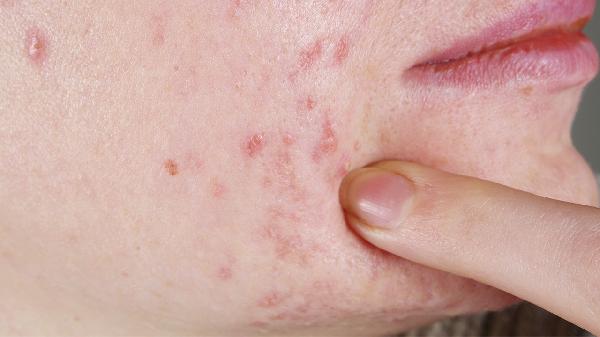Metal allergy, it sounds like a plot from a sci-fi movie, but in reality, it might be happening right around you. Imagine wearing a beautiful ring, only to find your finger swollen and itchy—that's metal allergy at work. Don't worry, today we'll talk about how to prevent this "metal crisis."

1. Know Your Allergens
Metal allergies are usually caused by metals like nickel, cobalt, and chromium. Understanding which metals you're allergic to is the first step in prevention. You can determine your allergens through skin tests, which will help you avoid these "landmines" when choosing jewelry or everyday items.
2. Choose Hypoallergenic Metals
Not all metals cause allergies. Metals like titanium, platinum, and stainless steel have lower allergenicity and are good choices for sensitive skin. When buying jewelry, consider these materials first.
3. Use a Protective Layer
If you already own some metal jewelry that might cause allergies, try applying a coat of clear nail polish on the parts that touch your skin. This creates a protective layer, reducing direct contact between the metal and your skin.
4. Keep Your Skin Dry
A moist environment is more likely to trigger metal allergies. Therefore, keeping your skin dry, especially when wearing metal jewelry, can effectively reduce the risk of allergies.
5. Clean Your Jewelry Regularly
Sweat and cosmetic residues on metal jewelry can exacerbate allergic reactions. Regularly cleaning your jewelry with mild soapy water can remove these potential allergens.
6. Watch Your Diet
Some foods contain high levels of nickel, such as chocolate, nuts, and beans. For those allergic to nickel, reducing the intake of these foods can also help prevent allergies.
7. Use Anti-Allergy Products
There are anti-allergy products on the market specifically designed for metal allergies, such as anti-allergy lotions and sprays. Using these products before wearing metal jewelry can provide extra protection.
8. Seek Medical Attention Promptly
If you experience symptoms of metal allergy, such as redness, itching, or rashes, seek medical attention promptly. A doctor may prescribe antihistamines or topical steroid creams to help alleviate the symptoms.
Though metal allergies can be annoying, with the methods mentioned above, we can effectively prevent and manage them. Remember, understanding your body, choosing the right materials, and maintaining cleanliness and dryness are key to staying away from metal allergies. Next time you're about to put on that favorite ring of yours, think about these little tips to keep your beauty free from the troubles of allergies.
